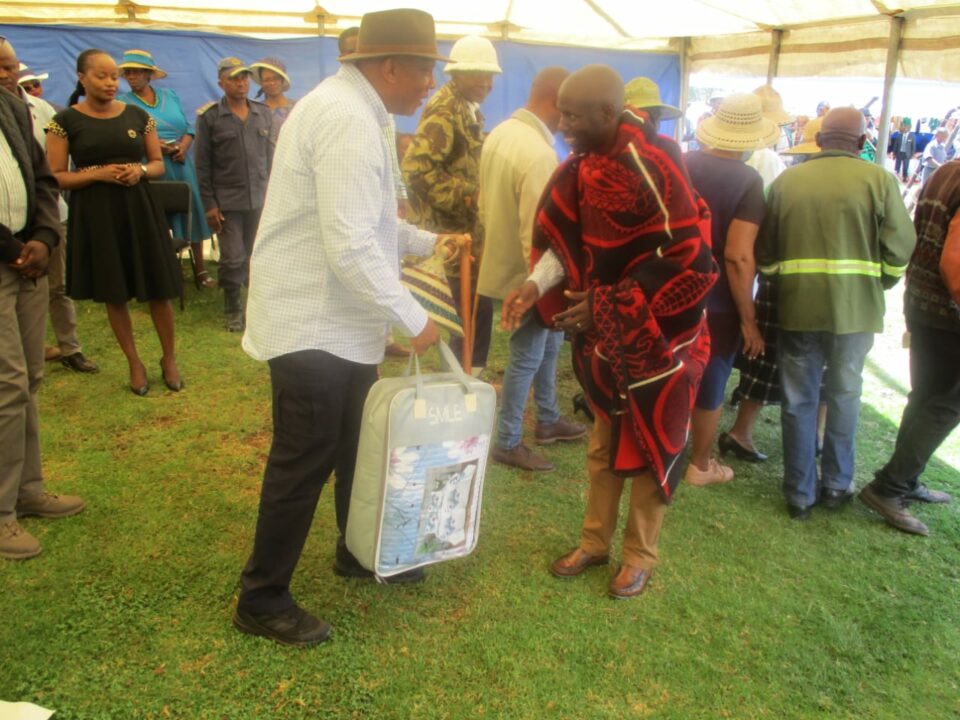Maseru, Mar. 22 – – Lesotho is to host the African Union (AU) Commission and partners at the High-level Dialogue on Nutrition Financing from March 23 to 24.
This, the Prime Minister Mr. Ntsokoane Matekane revealed in his statement on the High-level Dialogue on Nutrition Financing which will be preceded by one day of private-sector and parliamentarian dialogue.
The Prime Minister indicated that Africa Ministers of Finance and Development Planning, World Health Organisation (WHO), Food and Agricultural Organisation (FAO), World Food Programme (WFP), Red Crossand African Development Bank to mention but a few.
He noted that the event will provide an opportunity to present available evidence, lessons on resourcing, and discuss strategies and initiatives across sectors that can accelerate the positive transformation of food systems to significantly reduce malnutrition and food insecurity on the continent.
He said this event will, besides bringing Parliamentarians together, be an opportunity to deliberate with Ministers of Finance and Development Planning who have played a key role in leading the implementation of
the Cost of Hunger in Africa (COHA) study series.
The Prime Minister pointed out that a COHA study provides governments and partners with key actionable and time-bound priority recommendations to improve the lives of children across the continent.
He further said that the Ministers will also represent countries with African leaders for Nutrition champions and members of the presidential dialogue group, adding that this high -level group works to accelerate the reduction of stunting high-burden countries in Africa.
The African Union Commission (AUC) and Nutrition International (NI) will also launch an adolescent nutrition campaign, She’ll Grow into It, whose goal is to improve the health, well-being, and empowerment
of girls in Africa through nutrition.
The campaign will be implemented in all AU member states, to prioritize adolescent nutrition in policies and budgets. Nearly 50% of adolescents in Africa are stunted and 30% of adolescent girls are
anemic.
previous post
next post

